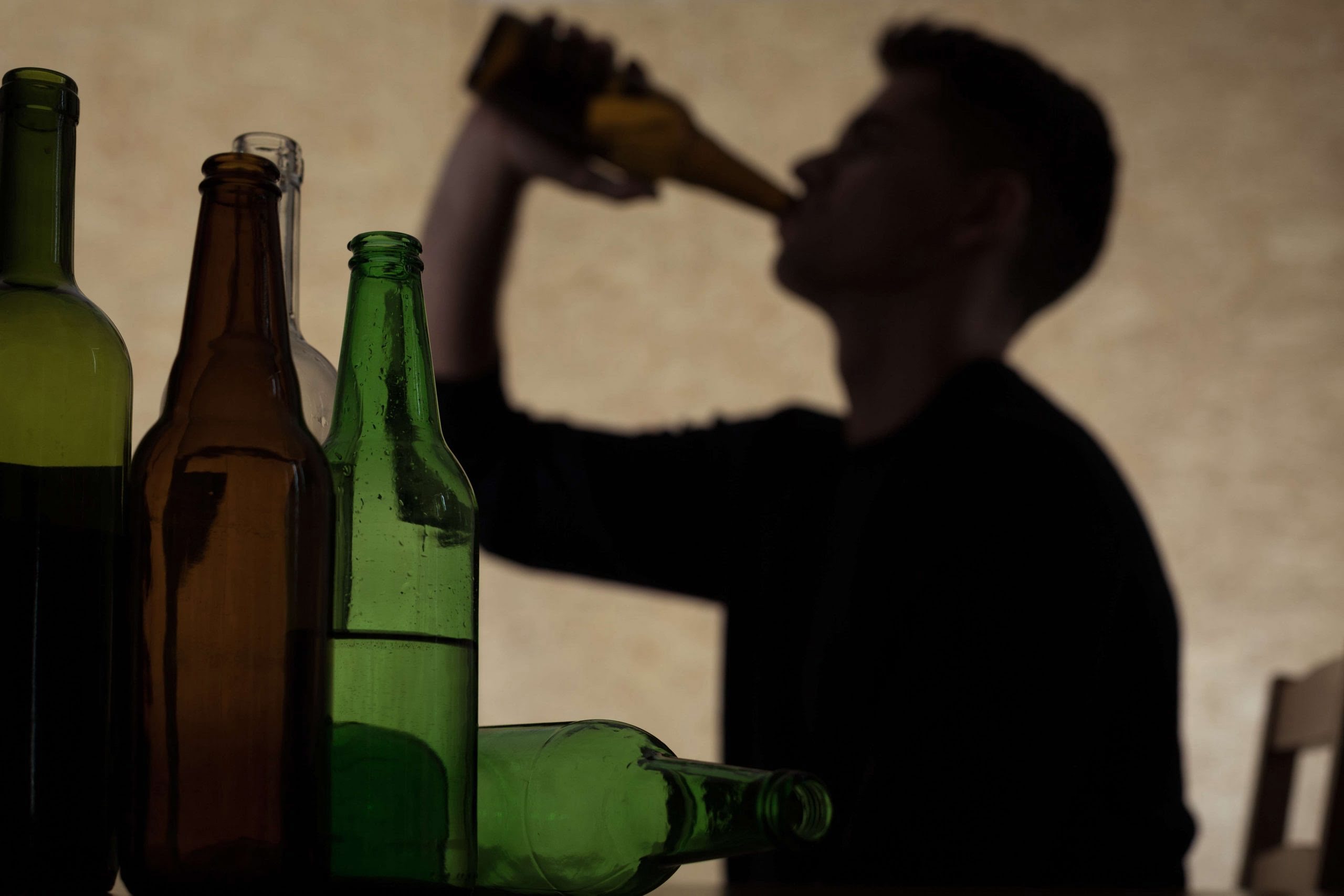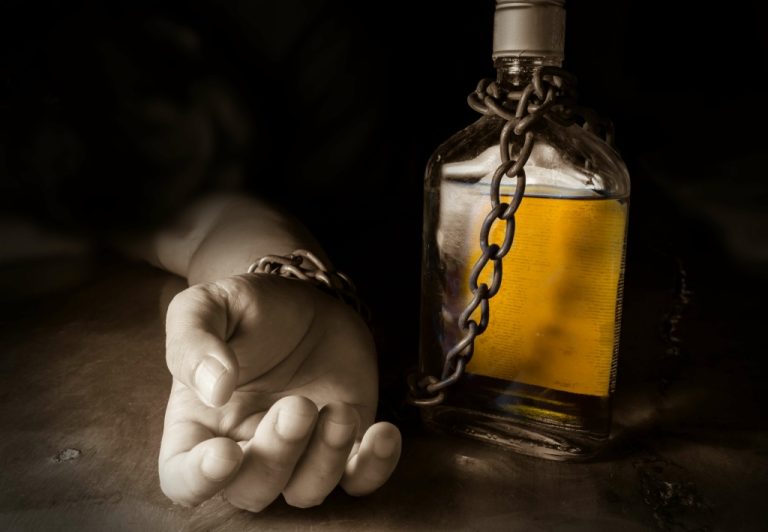Content
In fact, concerned loved ones may address the emotional problems you exhibit as reasons to seek help for alcohol use disorder. Because alcohol use is so ingrained and accepted in American culture, people often do not realize how dangerous it really is. It’s also difficult for people to distinguish between regular use and addiction, even for those who have become dependent on alcohol themselves. However, certain food groups also have benefits when it comes to helping with the discomfort of withdrawal symptoms and detoxification. When consuming alcohol, dopamine levels are raised just as high as they would with other drugs.

People experiencing this phenomenon might even switch up their drink of choice — moving from beer or wine to hard liquor, for example, to accommodate their need for more alcohol. To learn more about alcohol treatment options and search for quality care near you, please visit the NIAAA Alcohol Treatment Navigator. Their studies also found a high correlation between the age people started drinking in their life and the development of AUD. People who were currently 26 and older who began drinking before the age of 15 were 5x more likely to develop AUD than those who started drinking at the age of 21.
With a treatment plan, the brain and body can heal, while providing the support needed to regain control, improve the quality of your life, and recover. Throughout history, alcohol has played a significant role in different cultures around the world. Alcohol is used by people as a way to relax, bond, celebrate, and socialize.

Prolonged drinking puts you at risk for developing serious health complications and can cause other potentially life-threatening consequences. Too much alcohol affects your speech, muscle coordination and vital centers of your brain. A heavy drinking binge may even cause a life-threatening coma or death. This is of particular concern when you’re taking certain medications that also depress the brain’s function.
Trying to Quit but Being Unable to – If you have realized your drinking is becoming a problem and tried to make a change but have been unsuccessful, you should seriously consider finding additional help. Deciding to quit drinking shows that you understand the impacts it’s having on your life, but the fact that you’re unable to means there’s a big chance you’re struggling with alcohol addiction. As an addiction tends to get worse over time, it’s important to look for early warning signs. If identified and treated early, someone with an alcohol addiction may be able to avoid major consequences of the disease.

While drinking will stop the withdrawal symptoms, it will not progress you toward recovery. If you experience any physical problems when trying to quit drinking on your own, you need a professional recovery program to help you with alcohol addiction recovery. Our mission at Eleanor Health is to help people affected by alcoholism live amazing lives.
About 50% of these individuals are from families with multigenerational alcoholism, and almost all have experienced clinical depression. An alcoholic is known as someone who drinks alcohol beyond his or her signs of alcoholism ability to control it and is unable to stop consuming alcohol voluntarily. Most often this is coupled with being habitually intoxicated, daily drinking, and drinking larger quantities of alcohol than most.
Some of the most common symptoms of alcohol abuse are: Experiencing temporary blackouts or short-term memory loss. Exhibiting signs of irritability and extreme mood swings. Making excuses for drinking such as to relax, deal with stress or feel normal.